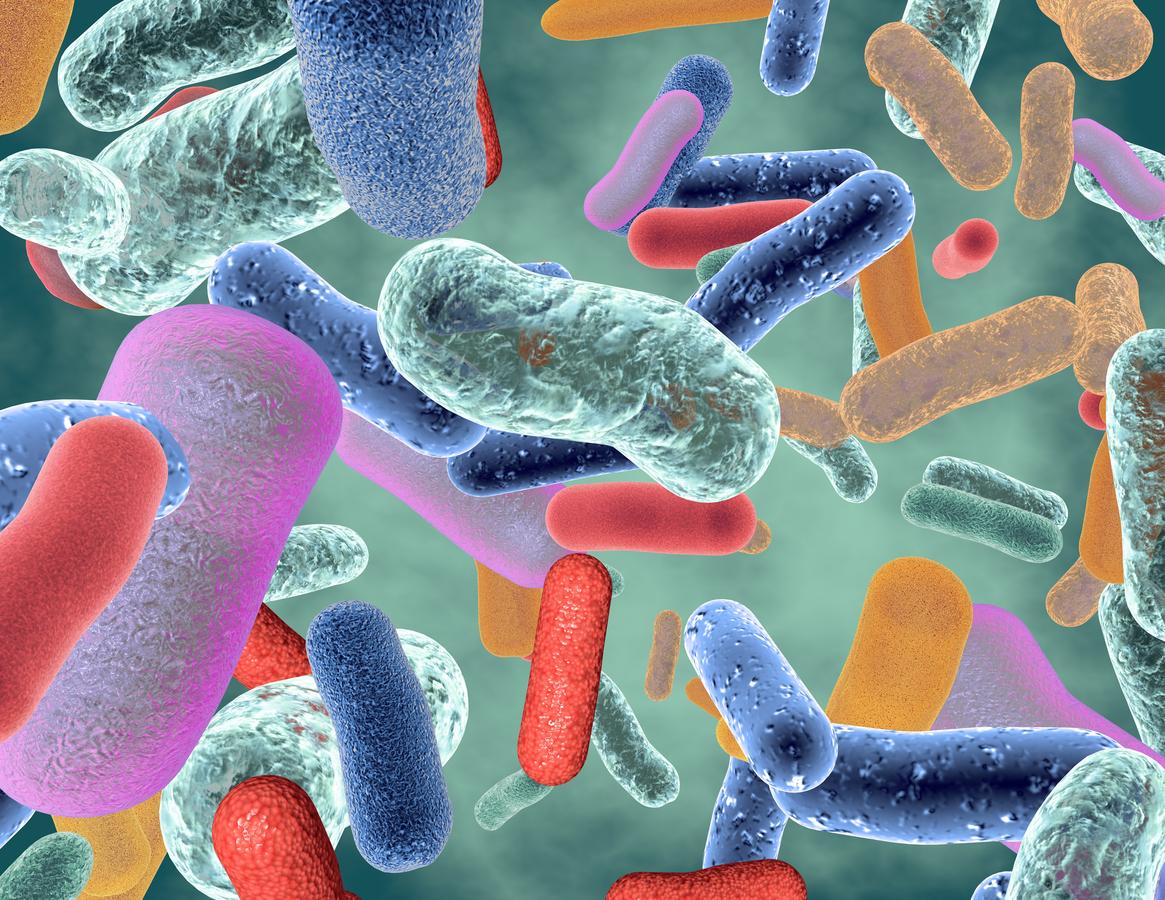Intermittent energy restriction, which involves alternating between fasting days and normal eating days, changes the brain-gut axis.

- Intermittent energy restriction involves alternating between fasting days and normal eating days.
- After following this method for two months, a reduction in the activity of brain regions involved in the regulation of appetite and addiction was observed in obese patients.
- Within the intestinal microbiota, the abundance of the bacteria Faecalibacterium prausnitzii, Parabacteroides distasonis and Bacterokles uniformis increased significantly, while that of Escherichia coli decreased.
Obesity is a global public health problem, the incidence of which continues to increase. This chronic disease is a risk factor for cardiovascular disease, diabetes and certain cancers. However, losing weight permanently is not easy. Complex interactions between body systems, such as gut physiology, hormones and the brain, are known to work against this.
“Intermittent energy restriction, where days of relative fasting alternate with days of normal eating, is an effective weight loss strategy. However, little is known about the effects of this method on the brain-gut axis” , Chinese researchers said. This is why they decided to carry out a study published in the journal Frontiers in Cellular and Infection Microbiology.
Obesity: 25 patients did intermittent energy restriction for two months
To carry out their work, the scientists recruited 25 obese people, aged 27, who managed to lose weight by doing intermittent energy restriction for two months. In detail, the volunteers underwent a 32-day “highly controlled fasting phase” during which they received personalized meals designed by a dietitian, with the caloric value gradually decreasing to a quarter of their energy intake. base. During the remaining 30 days, they underwent a “weakly controlled fasting phase,” during which they were given a list of recommended foods. Women ingested 500 calories per day and 600 calories for men.
Next, the participants completed functional magnetic resonance imaging (fMRI) so the team could analyze their brain activity. “Metagenomic sequencing was performed to identify differentially abundant gut microbes and routes of entry from fecal samples.”
Weight loss reduced brain activity and changed the abundance of gut bacteria
At the end of the study, adults’ weight had decreased by an average of 7.6 kg, or 7.8%. Their body fat and waist size decreased. This was also the case for their blood pressure, their serum levels of fasting plasma glucose, total cholesterol, HDL and LDL, the activity of the main liver enzymes. These reductions suggest that intermittent energy restriction helps reduce obesity-related comorbidities such as hypertension, hyperlipidemia, and liver dysfunction.
According to the results, a decrease in the activity of brain regions, involved in the regulation of appetite and addiction, was observed after intermittent energy restriction. This method “reduced the abundance of Escherichia coli at several time points while increasing the abundance of the obesity-related bacteria Faecalibacterium prausnitzii, Parabacteroides distasonis, and Bacterokles uniformis.”
Further analyzes showed that the abundance of E. coli, Coprococcus come, and Eubacterium hallii bacteria was negatively related to activity in the brain’s left orbital inferior frontal gyrus, known to play a key role in executive function, including our desire to lose weight. In contrast, the abundance of the bacteria Parabacteroides distasonis and Flavonifractor plautii was positively correlated with the activity of brain regions associated with attention, emotion and learning.

“The gut microbiota communicates with the brain in a complex and bidirectional manner”
“The gut microbiota is thought to communicate with the brain in a complex, bidirectional manner. The microbiome produces neurotransmitters and neurotoxins that access the brain through nerves and the bloodstream. In return, the brain controls eating behavior, while that the nutrients in our diet modify the composition of the intestinal microbiota”, said Dr. Xiaoning Wang, author of the research, in a statement.
















